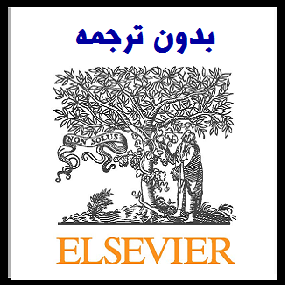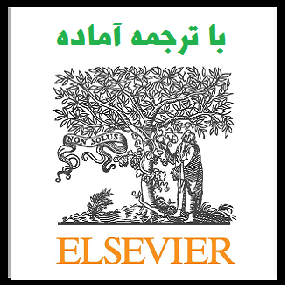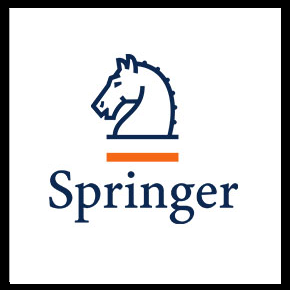دانلود رایگان مقاله قدرت تاثیرگذاری رهبران فکری در شبکه های تجارت الکترونیک – سال 2018


مشخصات مقاله:
عنوان فارسی مقاله:
فهم قدرت تاثیرگذاری رهبران فکری در شبکه های تجارت الکترونیک: چشم انداز دینامیک فکر
عنوان انگلیسی مقاله:
Understanding influence power of opinion leaders in e-commerce networks: An opinion dynamics theory perspective
کلمات کلیدی مقاله:
تجارت الکترونیک، شبکه، دینامیک عقیده، قانون اعتماد به نفس محدود، زیرگروه رهبر عقیده، رفتار گله
مناسب برای رشته های دانشگاهی زیر:
مدیریت
مناسب برای گرایش های دانشگاهی زیر:
مدیریت فناوری اطلاعات – تجارت الکترونیک
وضعیت مقاله انگلیسی و ترجمه:
مقاله انگلیسی را میتوانید به صورت رایگان با فرمت PDF با کلیک بر روی دکمه آبی، دانلود نمایید. برای ثبت سفارش ترجمه نیز روی دکلمه قرمز رنگ کلیک نمایید. سفارش ترجمه نیازمند زمان بوده و ترجمه این مقاله آماده نمیباشد و پس از اتمام ترجمه، فایل ورد تایپ شده قابل دانلود خواهد بود.
قسمتی از مقاله انگلیسی:
Introduction
The rapid development of Internet technology and Web 2.0 has stimulated the growth of customer-centered e-commerce, which has recently received increased attention in the fields of business applications, business strategies, and user behavior [34]. Within the e-commerce environment, agents access social knowledge and share experiences peer-to-peer (P2P) or through word of mouth (WOM), and then make their own decisions. In such a collective decision-making process, opinions play a fundamental role since they can deeply interact with each other [3]. During the public opinion dissemination process, we find some agents who can exert influence on the opinions, decisions, and actions of the majority of other agents. These agents are referred to by scholars as opinion leaders; they can be found in various social situations and have various definitions in the fields of social, management, and information sciences [9, 25, 10]. In the propagation process of public opinion, opinion leaders have a profound impact on the opinion formation of ordinary agents. In the field of business and marketing, Rogers [23] showed that a small group of influential opinion leaders determines the utility ratio of a given innovation. Compared to the spread of public opinion in a social network without opinion leaders, opinions tend to propagate faster in a social network with opinion leaders [17]. In addition, a number of zealot opinion leaders with definite objectives were employed in [22] to generate momentum and influence voters’ decision-making behaviors, while Amblard and Deffuant [2] and Deffuant et al. [6] applied bounded confidence theory to construct opinion dynamics models to analyze the influence of opinion leaders in social networks. The results revealed that, as long as the confidence levels of ordinary agents in a social group are sufficiently high, even if the initial opinions of the ordinary agents are dissimilar to those of the opinion leaders, the opinion leaders are eventually able to guide the ordinary agents to accept their desired opinions. Considering that, in some cases, opinion leaders cannot always help spread the desired opinion, Afshar and Asadpour [1] extended the traditional Deffuant-Weisbuch model and built an informed agents model. According to this model, informed agents are common agents possessing desired information. They initially pretend to have opinions similar to those of others, and gradually change their opinions toward the desired information through intentional interactions.


